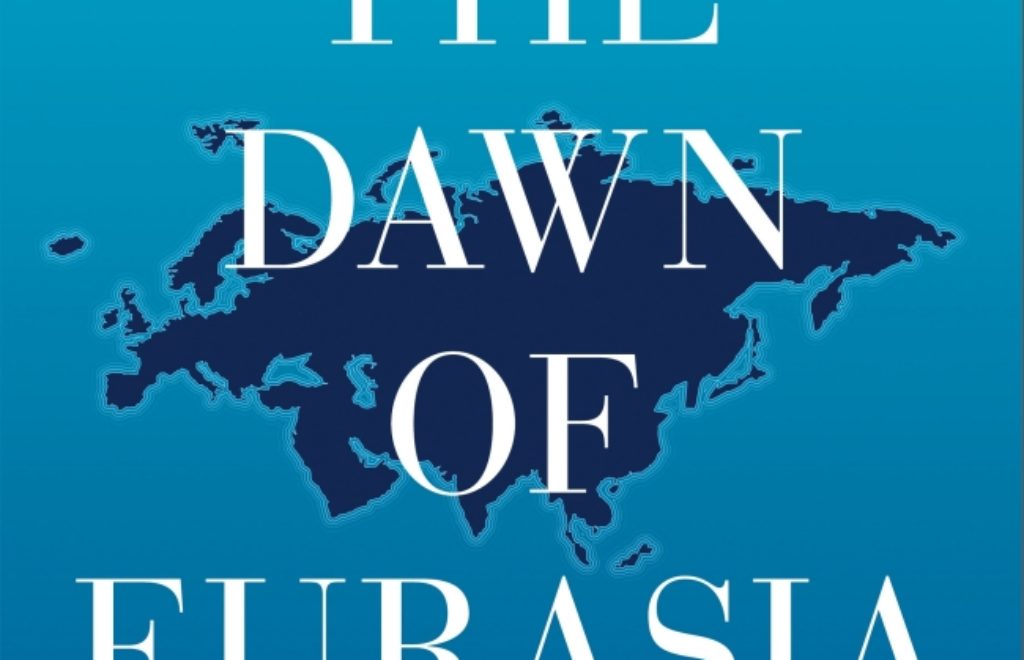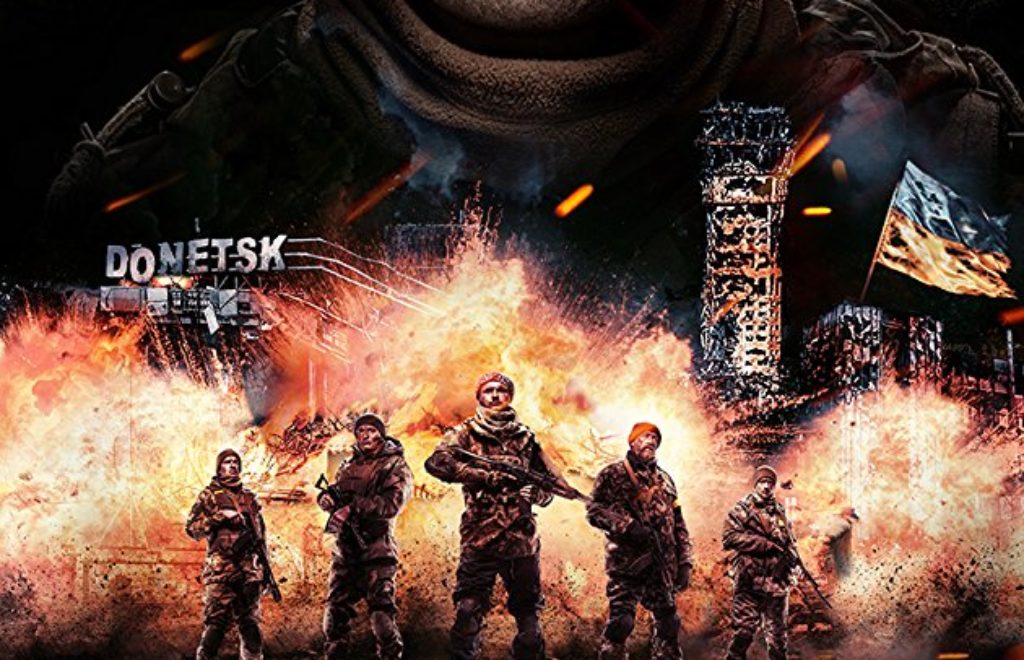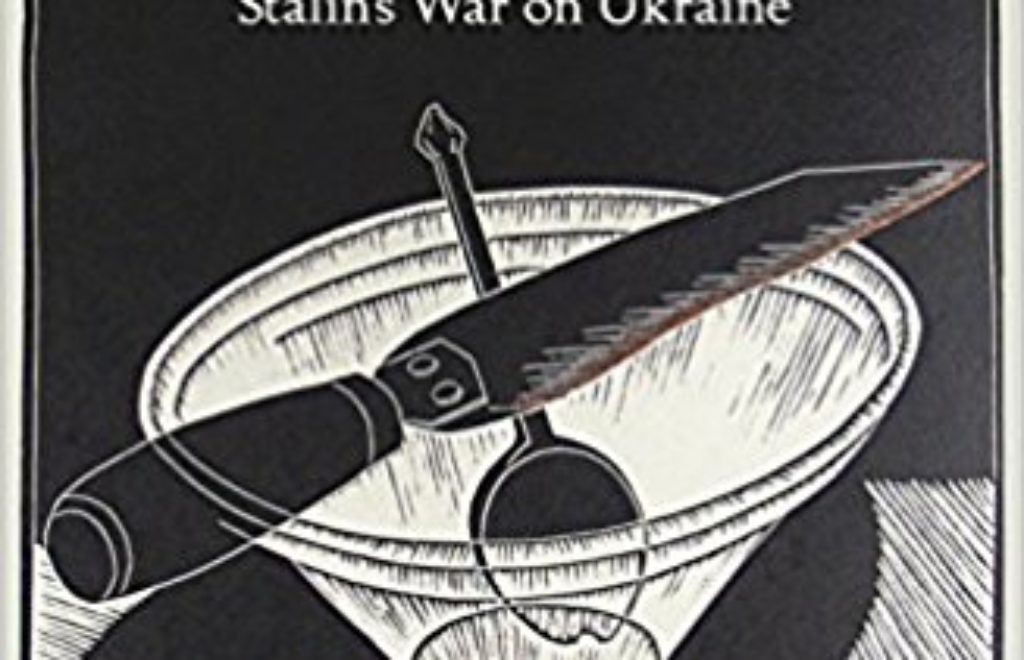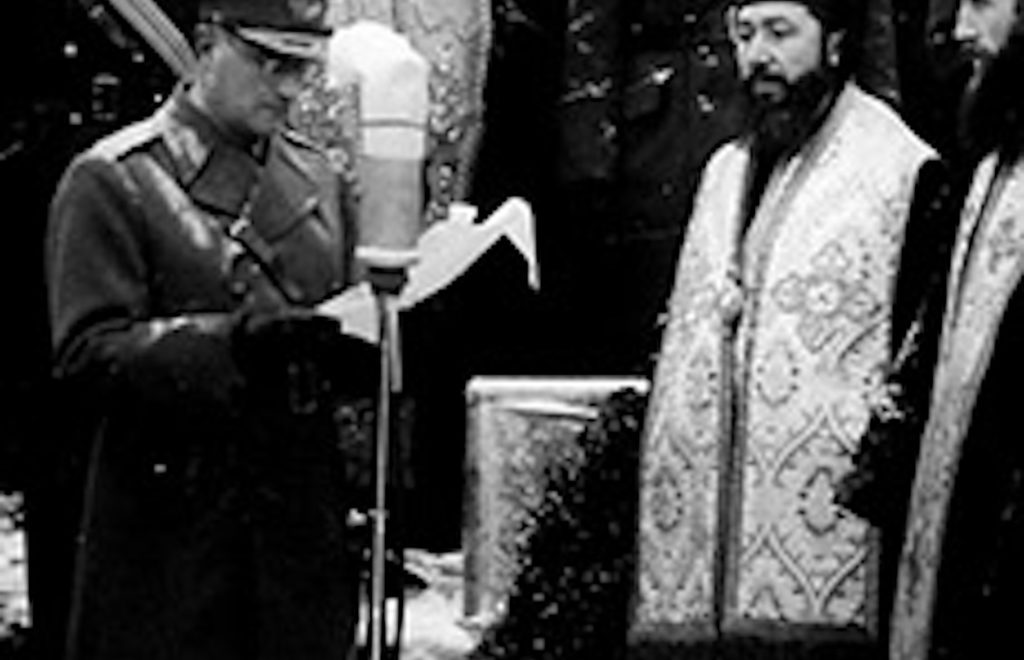Eurasia and geopolitical thought
The notion of civilisational entities and grand, sweeping analytical concepts such as “Europe”, “the East”, “Africa”, etc., has been under sustained attack by social scientists for over two and a half decades. Indeed, within the humanities it is seemingly a sine qua non for any commentator on the “non-European” to provide a pre-emptive preface outlining why what they have written is not Orientalism (broadly, the study of the non-West, as essentialist and as a means to domination).
April 25, 2018 - Emre Kazim






































